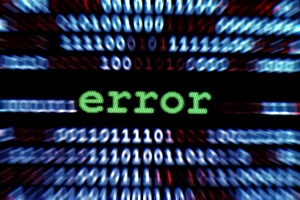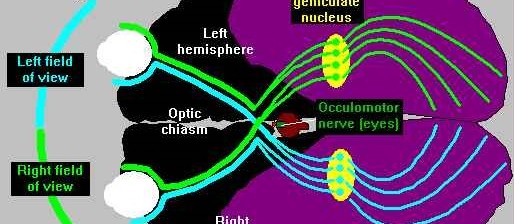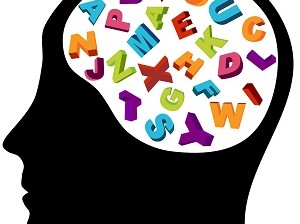Author Archives: Joe Roushar
About Joe Roushar
Former spy, current enterprise systems architect and entrpreneur, camper, canoeist, musician, grandparent, inventor.About Joe Roushar
Former spy, current enterprise systems architect and entrpreneur, camper, canoeist, musician, grandparent, inventor.About Joe Roushar
Former spy, current enterprise systems architect and entrpreneur, camper, canoeist, musician, grandparent, inventor.About Joe Roushar
Former spy, current enterprise systems architect and entrpreneur, camper, canoeist, musician, grandparent, inventor.About Joe Roushar
Former spy, current enterprise systems architect and entrpreneur, camper, canoeist, musician, grandparent, inventor.About Joe Roushar
Former spy, current enterprise systems architect and entrpreneur, camper, canoeist, musician, grandparent, inventor.About Joe Roushar
Former spy, current enterprise systems architect and entrpreneur, camper, canoeist, musician, grandparent, inventor.About Joe Roushar
Former spy, current enterprise systems architect and entrpreneur, camper, canoeist, musician, grandparent, inventor.About Joe Roushar
Former spy, current enterprise systems architect and entrpreneur, camper, canoeist, musician, grandparent, inventor.About Joe Roushar
Former spy, current enterprise systems architect and entrpreneur, camper, canoeist, musician, grandparent, inventor.05 May Learning from Errors

If at first you don’t succeed, try – try again. Humans are pretty good at learning from our mistakes. In fact, some suggest that whatever doesn’t kill you makes you stronger. Today I’d like to riff on that theme a bit, and talk about ways in which machines can implement learning from errors. Error Minimization […]
29 Apr The Multiple Meanings of Polysemy

Polysemy and Constraints Perhaps the most difficult task in Natural Language (NL) understanding is the resolution of polysemy or multiple meanings. Many words in every language do not exhibit polysemy and require no disambiguation. Most words, however, can be interpreted in at least a few different ways. This makes disambiguating NL text a non-trivial task. Each different meaning and shade […]
28 Apr Mosaic of Concepts

KR Mosaic On our way to knowledge representation (KR), we’ve looked at concepts and logical propositions and words and taxonomies. I know this can all be a bit confusing, but please bear with me a little longer. Word relations are more than a two-dimensional mosaic of related concepts – they form a deep hierarchy with multiple […]
26 Apr Continuity of Learning

Production and Comprehension We know that comprehension and language production occur in different areas of the brain and occupy opposite ends of the continuum in the communicative model. The relative independence of the production and comprehension centers suggests one of three possibilities: Syntactic and lexical data are replicated in both the production and comprehension centers of […]










